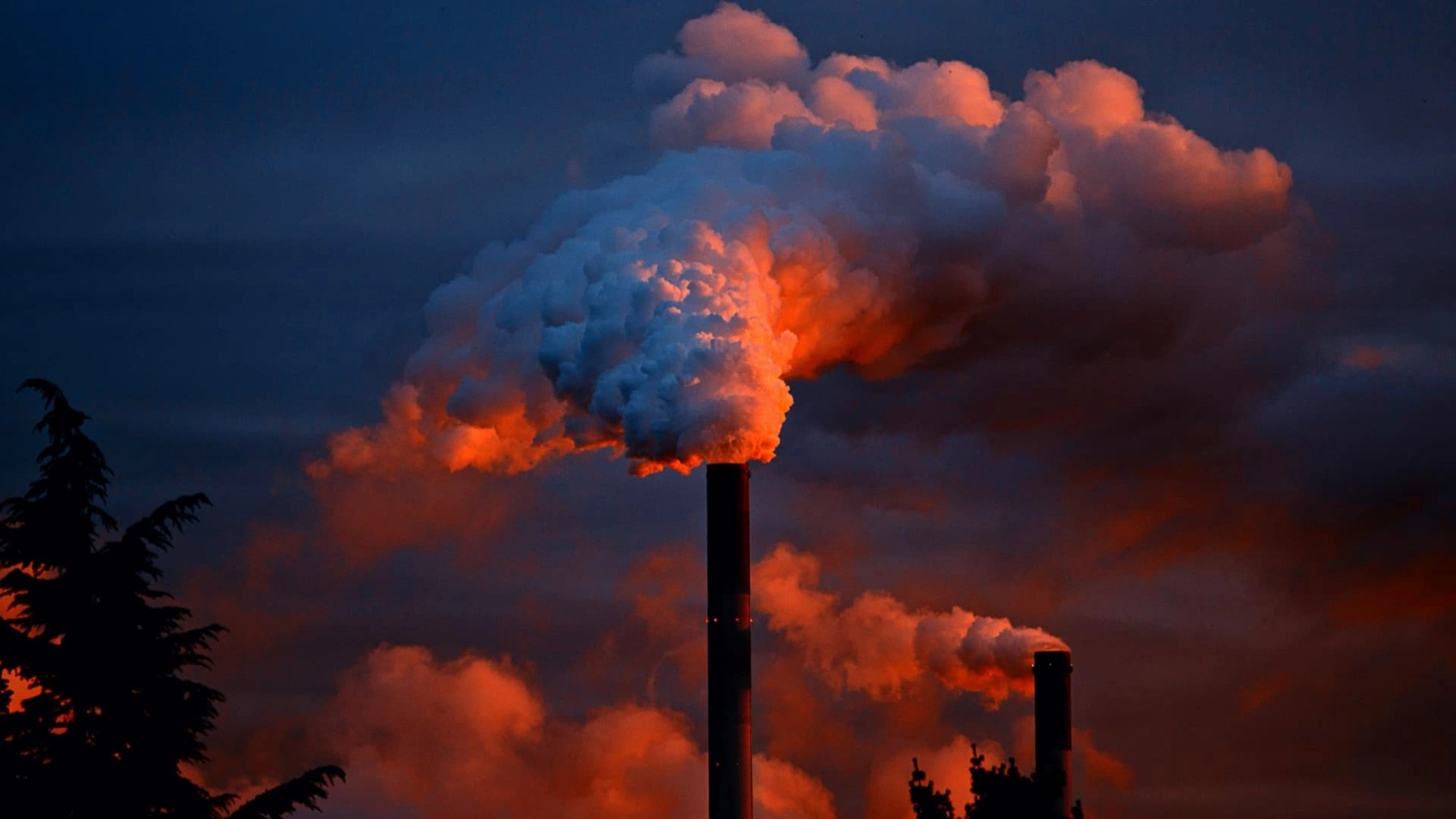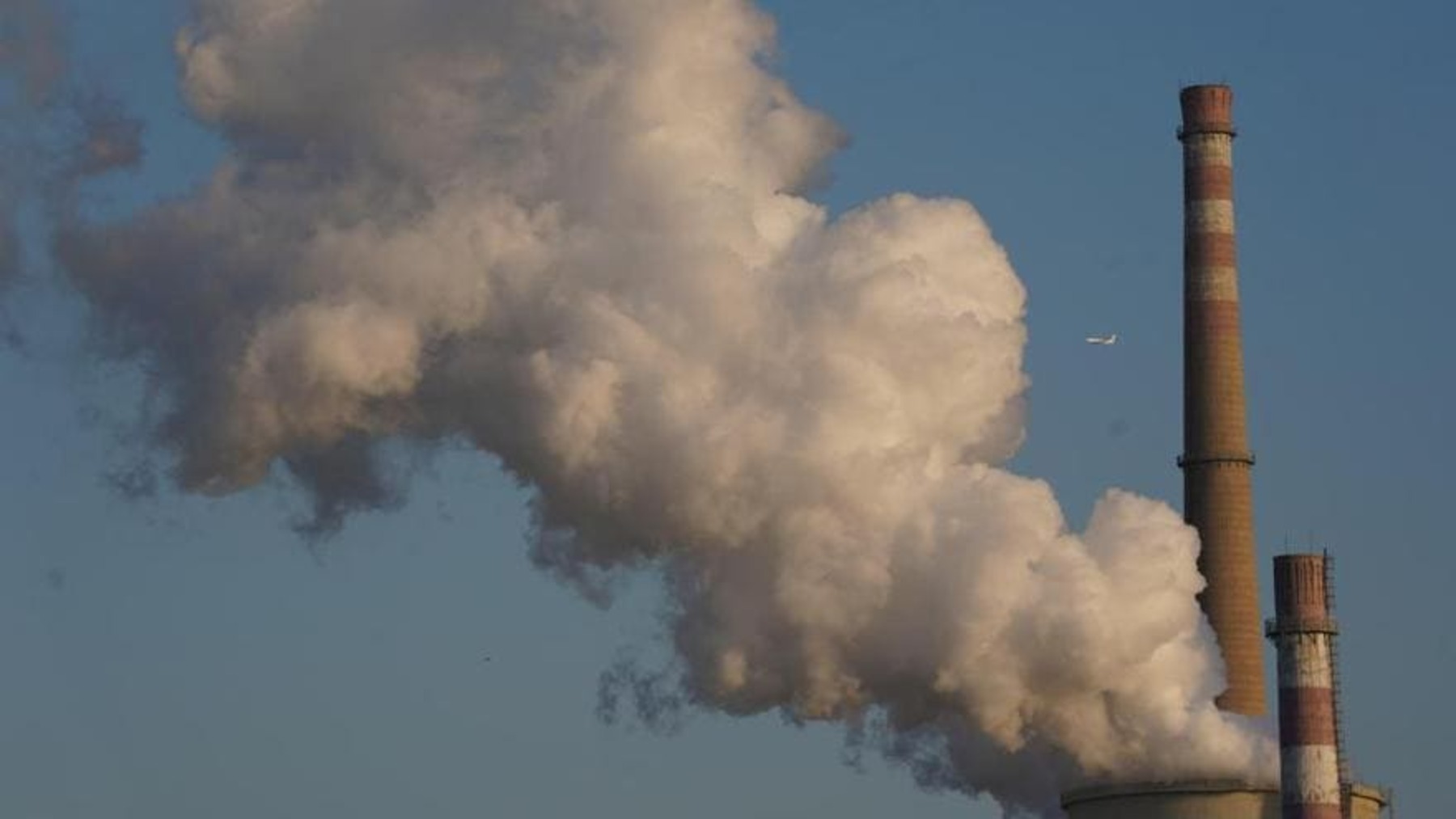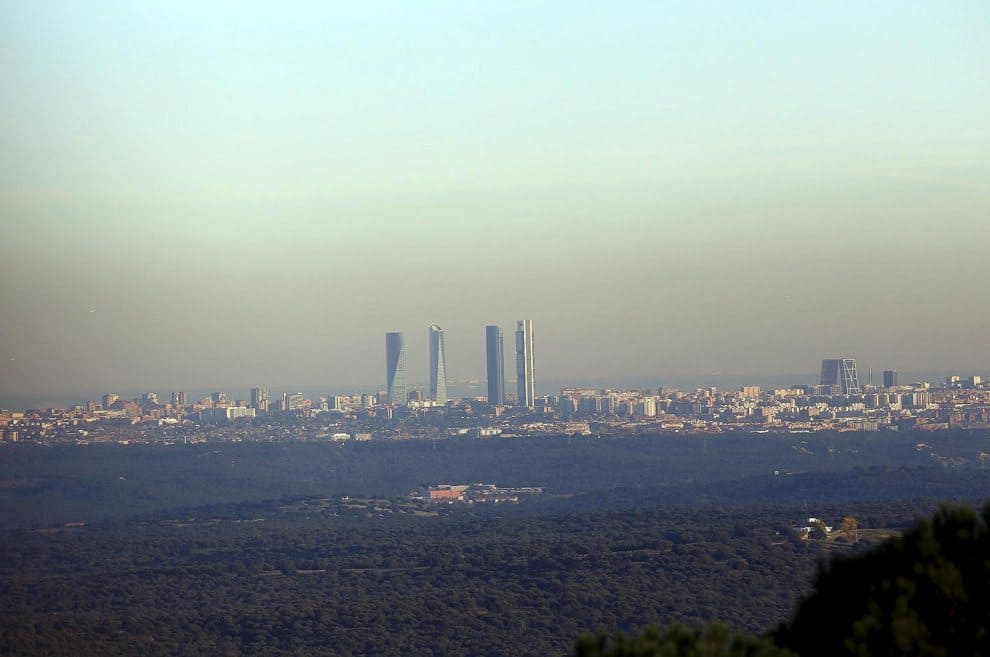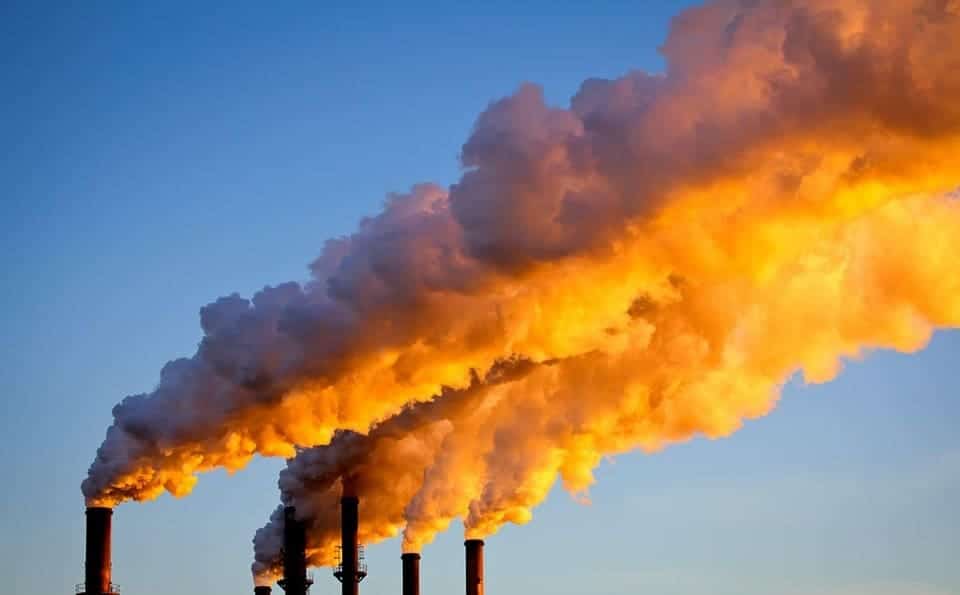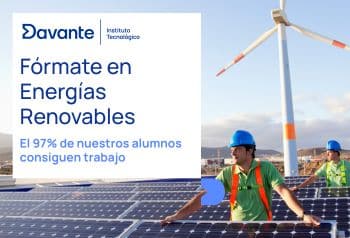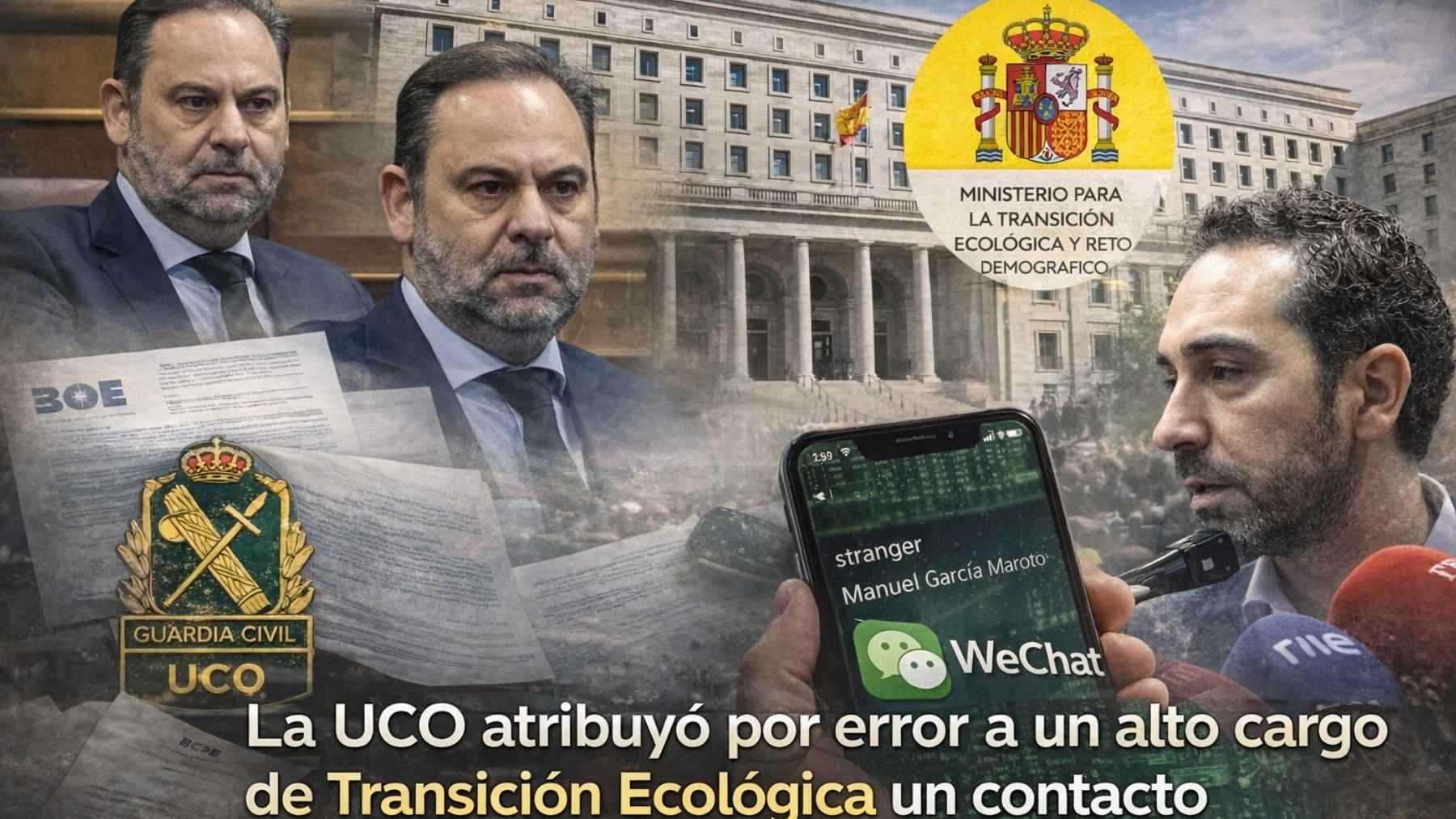The Consumer Goods Forum represents consumer goods companies with combined revenues of more than $2.8 trillion. Members include names like Unilever, Procter & Gamble, Coca-Cola, Wal-Mart and Johnson & Johnson.
“[W]e are in Cancun to lend our support to this monumental but essential task of creating solutions that lead to a low-carbon world,» said Muhtar Kent of the Coca-Cola Company and co-chair of the group’s board of directors. He was referring to the United Nations climate change talks that have just opened in Cancun, Mexico.
A particular initiative in the group is toward achieving zero deforestation. The coalition said it will mobilize its assets to help achieve zero net deforestation by 2020.
The group said it will coordinate plans that address issues in the acquisition of raw products such as soya, palm oil, beef, paper and board to make related processes sustainable.
It said it will enlist the support of nongovernmental organizations, development banks and governments to create funding mechanisms that will award incentives to countries that preserve forests.
Forests act as natural carbon sinks that absorb considerable amounts of greenhouse gas emissions in the atmosphere. Protecting these natural habitats is critical as deforestation accounts for 17 percent of greenhouse gases today.
«The scale, geographical presence and purchasing power of the C.G.F. companies could transform these commodity markets and help put an end to tropical deforestation in countries like Brazil and Indonesia,” said Jason Clay, senior vice president of markets with World Wildlife Fund, which welcomed the group’s initiative.
The consumer goods companies also committed to phase out hydrofluorocarbon or HFC refrigerants by 2015.
Mr. Kent said this is the first time that the consumer goods sector has unified to push for ecologically-sound refrigeration.
The chemical industry formulated HFC refrigerants and other chlorine-free gases in the 1980’s to replace ozone-depleting refrigerants such as chlorofluorocarbons and hydrochlorofluorocarbons.
However, studies have shown that HFC refrigerants are a thousand times more potent than carbon dioxide. HFC emissions are expected to compose nine percent to 19 percent of the global greenhouse gas total by 2050.
The coalition said some of its member companies have already established programs stopping the purchase of HFC’s. Other companies have taken steps to phase-out HFC refrigerants by 2015 in favor of natural refrigerants.
«The Consumer Goods Forum commitment to eliminate these potent greenhouse gases shows what corporations can do when they band together for the benefit of the global environment,” said Amy Larkin, director of solutions at the advocate group Greenpeace, another supporter.
“Now it is time for national and international policy makers to match these corporations’ ambition by outlawing HFC’s and making the transition to a climate friendly alternative both cheap and easy,» she said.




